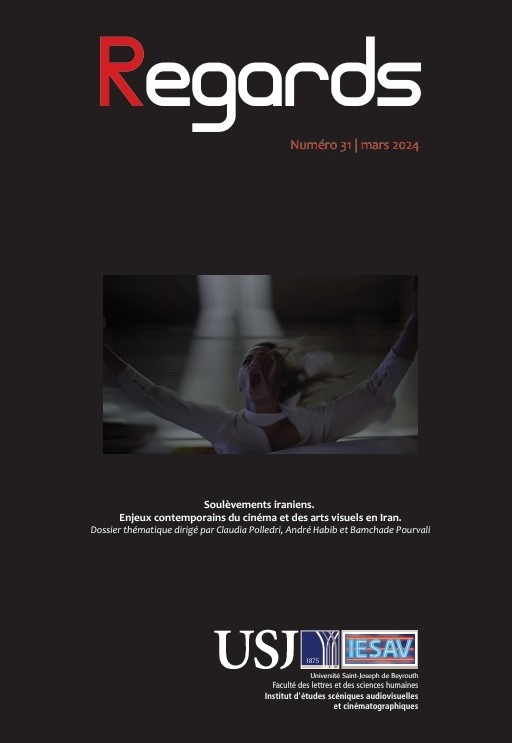Abstract
This article explores an Iranian aesthetics of protest that, alternative to intervening in the public space as political agent, confers a spiritual agency that aids in recovering a sense of humanity while dehumanizing laws are upheld The artistic practices under scrutiny occur between rather than during moments of protest and offer more reflective, metaphorical accounts of the injustices of authoritarian rule. I associate this particular aesthetics with the Shiite figure Zaynab bint ‘Ali, who accused tyrants, strengthened the moral resolve of her community, commanded to accept God’s decree and recognize beauty in His works. In so doing, I challenge Hamid Dabashi’s secular-materialist view of Shiism as a religion of protest geared solely towards changing society, by demonstrating that some artists favor what I call the Zaynab Paradigm of protest aesthetics that work inwardly to inspire recovery and perseverance.

